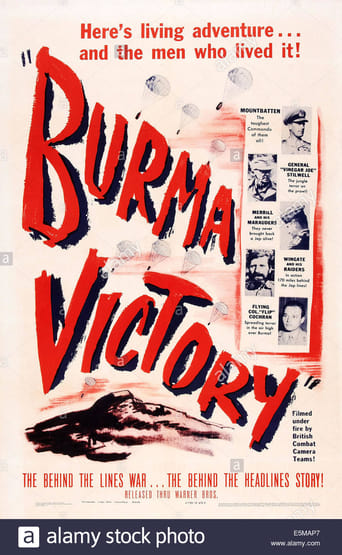

Excellent, a Must See
... View Moreif their story seems completely bonkers, almost like a feverish work of fiction, you ain't heard nothing yet.
... View MoreIt really made me laugh, but for some moments I was tearing up because I could relate so much.
... View MoreBlistering performances.
... View MoreThe background to this film can be told, in good part, by a short account of Admiral Mountbatten's part in the first years of WW2.In 1939, Lord Louis Mountbatten - a great grandson of Queen Victoria - was a serving Captain in the Royal Navy; he was Captain (D) commanding the fifth destroyer flotilla, personally commanding the destroyer HMS Kelly and taking her from the builders in August 1939. Mountbatten was one of the survivors when HMS Kelly was lost in the Battle for Crete on 23 May 1941. The story of HMS Kelly during the first twenty-one months of the war was told by Mountbatten's friend Noel Coward in his film "In Which We Serve" (1942) - arguably one of the best British films of WW2.Mountbatten was then appointed to command the British aircraft carrier, HMS Illustrious, being repaired in the United States in the summer of 1941. He was invited by the US Chief of Naval Operations to give lectures to US Navy officers, went to sea in US ships and made many valuable contacts in the US Navy.However, he was not to take HMS Illustrious to sea. Churchill recalled him in October 1941 to take over as head of Combined Operations. He had been promoted to four-stripe Captain only in 1937 but, in March 1942, he was given the acting rank of Vice-Admiral while only 41 years of age. He was made Chief of Combined Operations and continued in that post until August 1943 when he was appointed Supreme Allied Commander South East Asia. He arrived in Delhi in October 1943.Let me now quote from "Mountbatten - Eighty years in pictures" (Macmillan, 1979) to set the scene for the making of this film."Mountbatten's first offensive was to restore the morale of his men, which was at a very low ebb. He toured his whole command to meet the men of all Services and of all nations. He would start off by gathering them round and saying: "I hear you call this the Forgotten Front. I hear you call yourselves the Forgotten Army. Well, let me tell you that this is not the Forgotten Front, and you are not the Forgotten Army. In fact, nobody has even heard of you!". He would then go on: "But they will hear of you, because this is what we are going to do ..." and would proceed to put them in the picture". This film was a result of Mountbatten's aim of communicating the message about the war in South East Asia. It does an excellent job of telling the story behind those valiant men awarded the Burma Star - and of their allied comrades-in-arms.The film followed the excellent 'Desert Victory' (1943) and 'Tunisian Victory' (1944), but was completed too late to serve its purpose of information about the war in progress, being released shortly after VJ Day (15 August 1945) - thus it became an historical record.The film describes the Burma Campaign from early 1944 onwards and gives a good account of jungle warfare. Monsoon, malaria and dysentery are more the enemy than 'the Japs'. Most of the footage is real with just a few reconstructed scenes. This was warfare at its worst: terrible terrain and an inhumane enemy.It is a very good documentary. I can only imagine that it is not highly rated because it is not widely known and has been rarely screened. However, it is now available on DVD and I strongly recommend the the IWM box set 'The Victory Films Collection' released in 2005. The DVD has an extra: the outtakes of Lord Mountbatten, acting out scenes finally consigned to the cutting room floor, are a treat! His showmanship is clearly evident. He went on to be the last Viceroy of India (1947) and the first Governor-General of the newly independent India (1948), before reverting to the rank of Rear-Admiral and commanding the 1st Cruiser Squadron in Malta. In 1952 he was a NATO C-in-C and, in 1955, one of Churchill's last acts as Prime Minister was to appoint him First Sea Lord. He was Chief of Defence Staff from 1959-1965.This film should be seen by anyone interested in history or documentary films. It is just the film for the family archive if your father or grandfather served in Burma - it will bring tears to your eyes but you will be proud. (Did the working elephants get awarded the Burma Star, too?).The film is indeed a salute to British documentary film-making, to the Burma Star Association and all the men who fought in Burma. I am happy to salute them today.
... View More